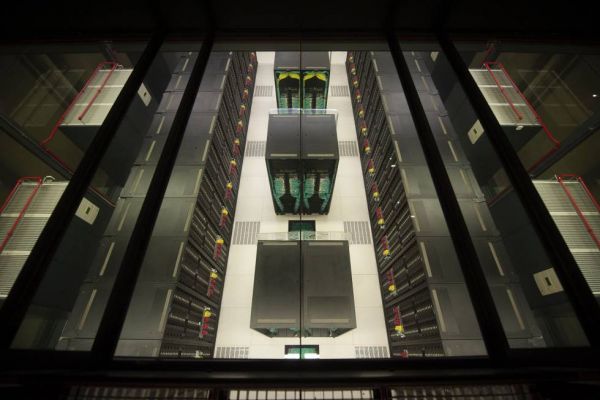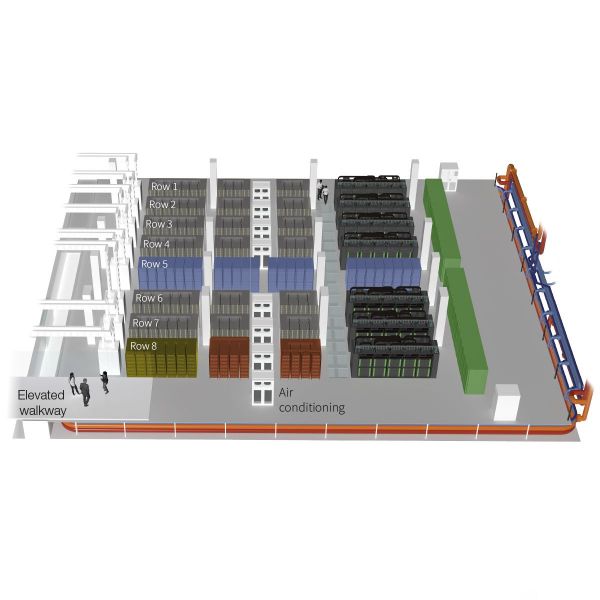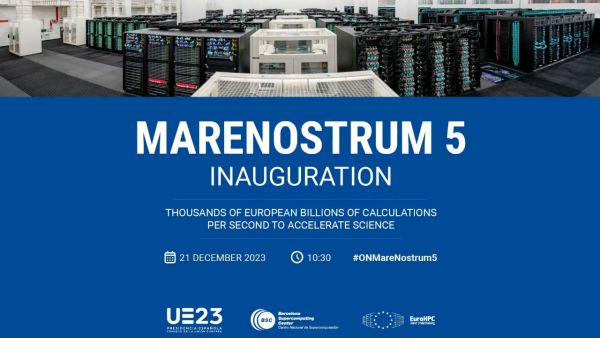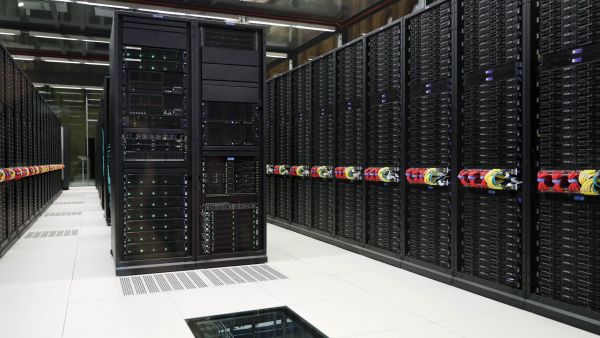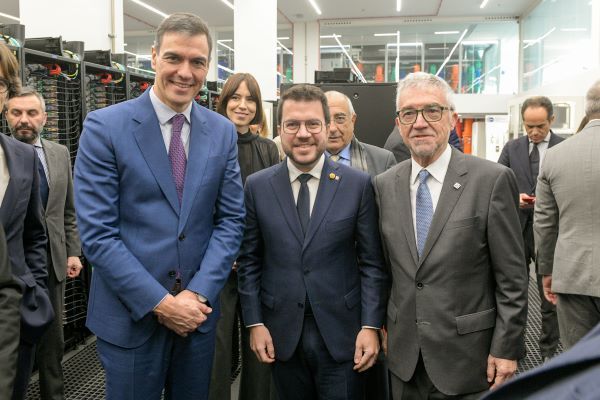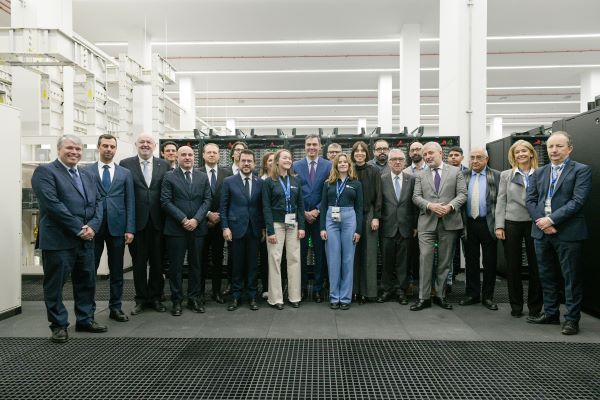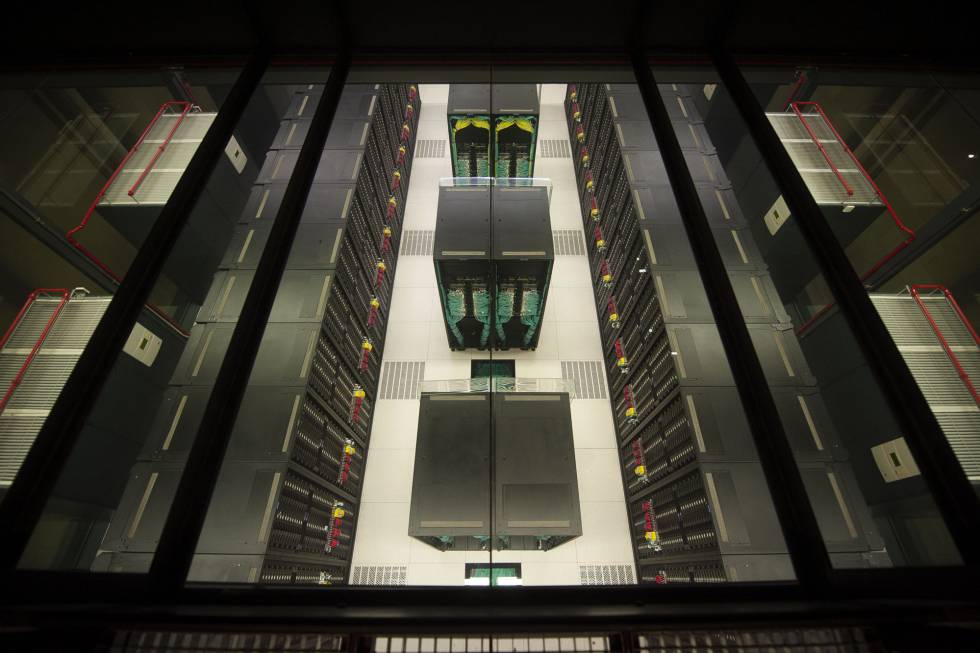Yesterday, the Barcelona Supercomputing Center (BSC) inaugurated the MareNostrum 5, a new supercomputer that is considered one of the most complete and versatile machines in the world. It is also the only supercomputer with two systems on the list of the 20 most powerful supercomputers globally, which makes it a valuable asset for the scientific community.
MareNostrum 5 is a supercomputer with pre-exascale capabilities. It is based on the Bull Sequana XH3000 solution provided by Eviden and Lenovo ThinkSystem architectures, and it can perform up to 314 Petaflops, or 314 million billion calculations per second. The main focus of MareNostrum 5 is to improve medical research in Europe, particularly in the fields of drug and vaccine development, virus spread simulations, artificial intelligence, and big data processing applications. In addition to these areas, the supercomputer will also support traditional high-performance computing (HPC) applications like climate research, engineering, material science, and earth sciences.
MareNostrum 5 is the largest investment ever made by Europe in scientific infrastructure in Spain, with a total cost of 202 MEUR. Out of this amount, 151.4 MEUR was used to acquire the machine, which was financed jointly by the European High-Performance Computing Joint Undertaking (EuroHPC JU) through the EU's Connecting Europe Facility and the Horizon 2020 research and innovation program. The participating states, including Spain, Turkey, and Portugal, also contributed to funding the acquisition of the machine.
Anders Dam Jensen, executive director of the EuroHPC JU, said: "I am delighted to see MareNostrum 5 inaugurated and ready to serve European research in the new year. This day marks another major achievement for European supercomputing, and for us at the EuroHPC JU, represents the end of our first chapter of procuring European supercomputers. All eight machines in the first generation of EuroHPC systems are now out in the world, and ready for access by European researchers to push the boundaries of scientific and technological innovation."
BSC Director Mateo Valero commented: "Supercomputers are instruments at the service of science and engineering, accelerators of theory that allow the development of digital twins in very diverse and essential fields for society, such as climate change or precision medicine. We are very proud of the arrival of the new MareNostrum 5, one of the most important machines in Europe and the world to advance in the great challenges of science, such as the digital twin of the Earth, which we seek to develop as part of the Destination Earth project, one of Europe's great bets to combat climate change; or human digital twins, which will serve to create more efficient drugs to treat diseases that are difficult to treat today, among others. The presentation of MareNostrum 5 paves the way for the next MareNostrum 6, which we hope will incorporate European technology, a milestone that could be a reality in 5- or 6-years' time."
